What to Look for When Choosing a Bamboo Clothing Manufacturer in 2025
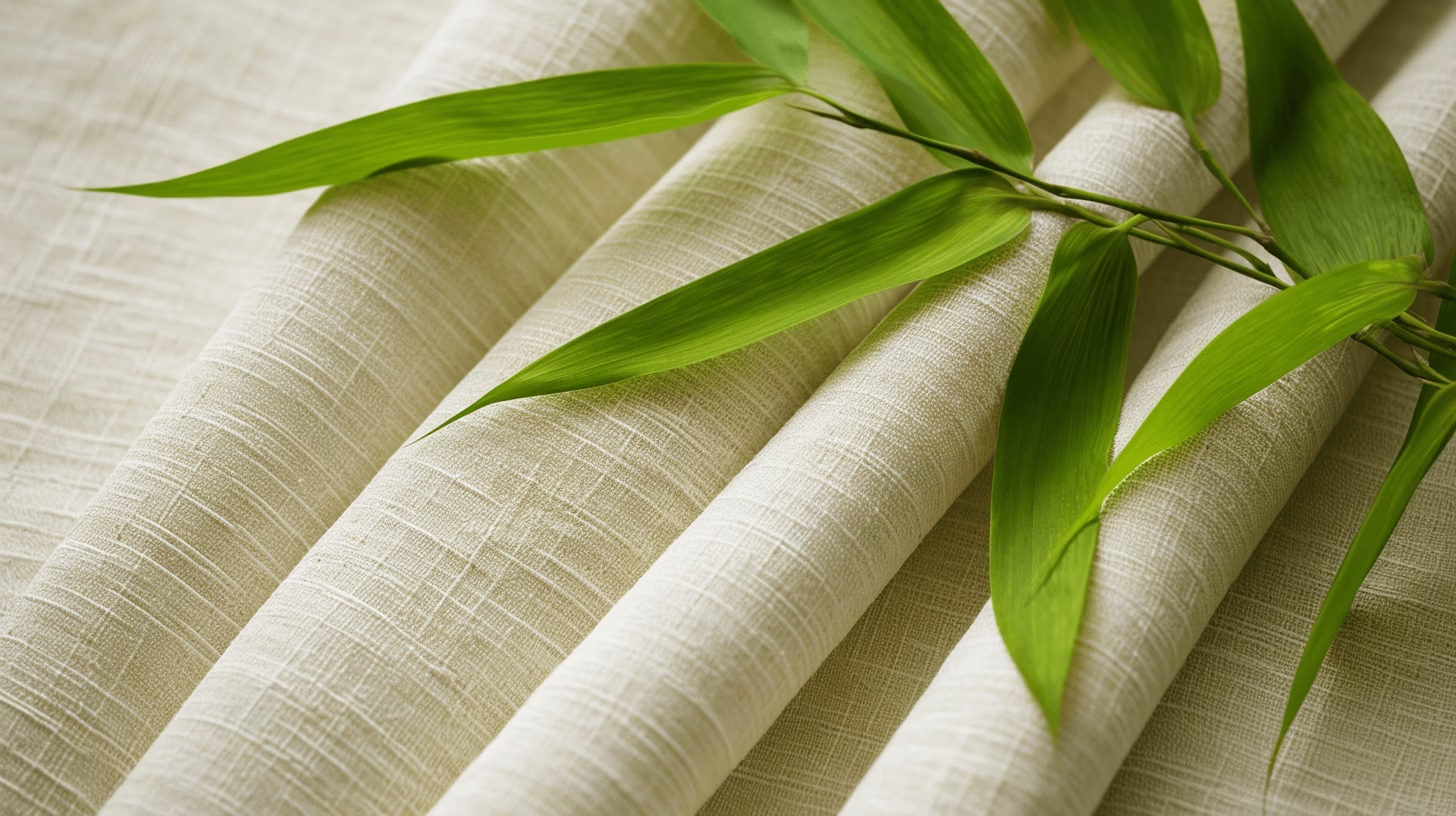
Introduction
As sustainability continues to shape the future of fashion, bamboo clothing is quickly gaining popularity for its eco-friendly benefits. From the soft texture to its biodegradability, bamboo fabric is a game-changer in the world of textiles. As more and more consumers are looking for green, responsible alternatives to traditional clothing materials, selecting a reputable bamboo clothing manufacturer becomes a critical decision.
Whether you’re aiming to launch a line of bamboo viscose clothing, bamboo infant clothing, or newborn clothes, finding the right manufacturer ensures that you’re producing high-quality products that meet both ethical and practical standards. With so many options available, it can be challenging to know where to start. But don’t worry – I’m here to guide you through the process. In this article, I’ll cover the most important factors you need to consider when choosing the right bamboo clothing manufacturer in 2025, helping you make an informed decision for your brand.
View more: The Ultimate Guide to Sourcing Eco-Friendly Fabrics for Baby Wear
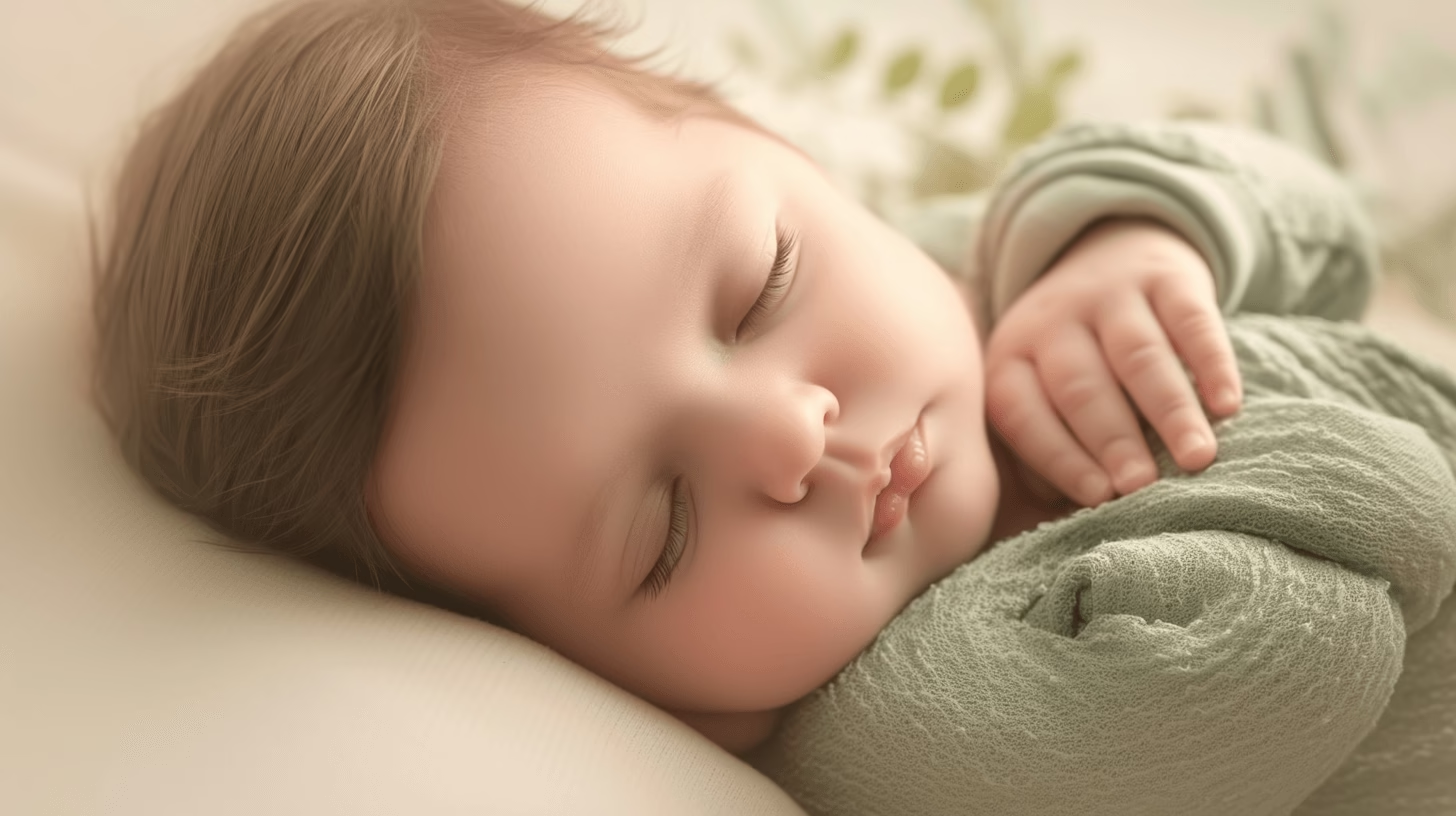
Why Bamboo Clothing is a Sustainable Choice
Bamboo clothing is a sustainable choice for many reasons, and understanding these benefits can help you decide if it aligns with your business goals.
Bamboo Fabric is Biodegradable
One of the most significant advantages of bamboo fabric is its biodegradability. Unlike synthetic fabrics, which can take hundreds of years to decompose, bamboo textiles break down naturally in the environment. This is a massive win for sustainability, as it helps reduce waste and minimizes long-term environmental impact.
Naturally Soft, Breathable, and Hypoallergenic
When it comes to fabric for clothing, comfort is key. Bamboo fabric is naturally soft, breathable, and hypoallergenic, making it a perfect option for clothing, especially for sensitive skin. Bamboo clothing’s natural softness can rival even the softest cotton, making it ideal for everything from everyday wear to specialized items like bamboo infant clothing or bamboo fabric for baby clothes.
Reduced Environmental Footprint
The production of bamboo fabric requires significantly fewer resources than traditional textiles, such as cotton or polyester. Bamboo is a fast-growing plant that thrives without the need for pesticides or fertilizers, reducing the environmental footprint associated with farming. Additionally, bamboo uses less water compared to cotton, making it an even more eco-friendly choice.
Rising Consumer Demand for Sustainable Fashion
Consumers today are more eco-conscious than ever. The growing demand for sustainable fashion means that businesses looking to remain competitive must offer products that align with these values. Bamboo clothing is seen as a responsible and stylish alternative, offering a unique selling point for your brand. As awareness around climate change and sustainability grows, bamboo clothing manufacturers are experiencing increased demand, which is great news for anyone looking to tap into this market.
Note: Looking for a reliable bamboo fiber infant and toddler clothing factory? Contact us today!
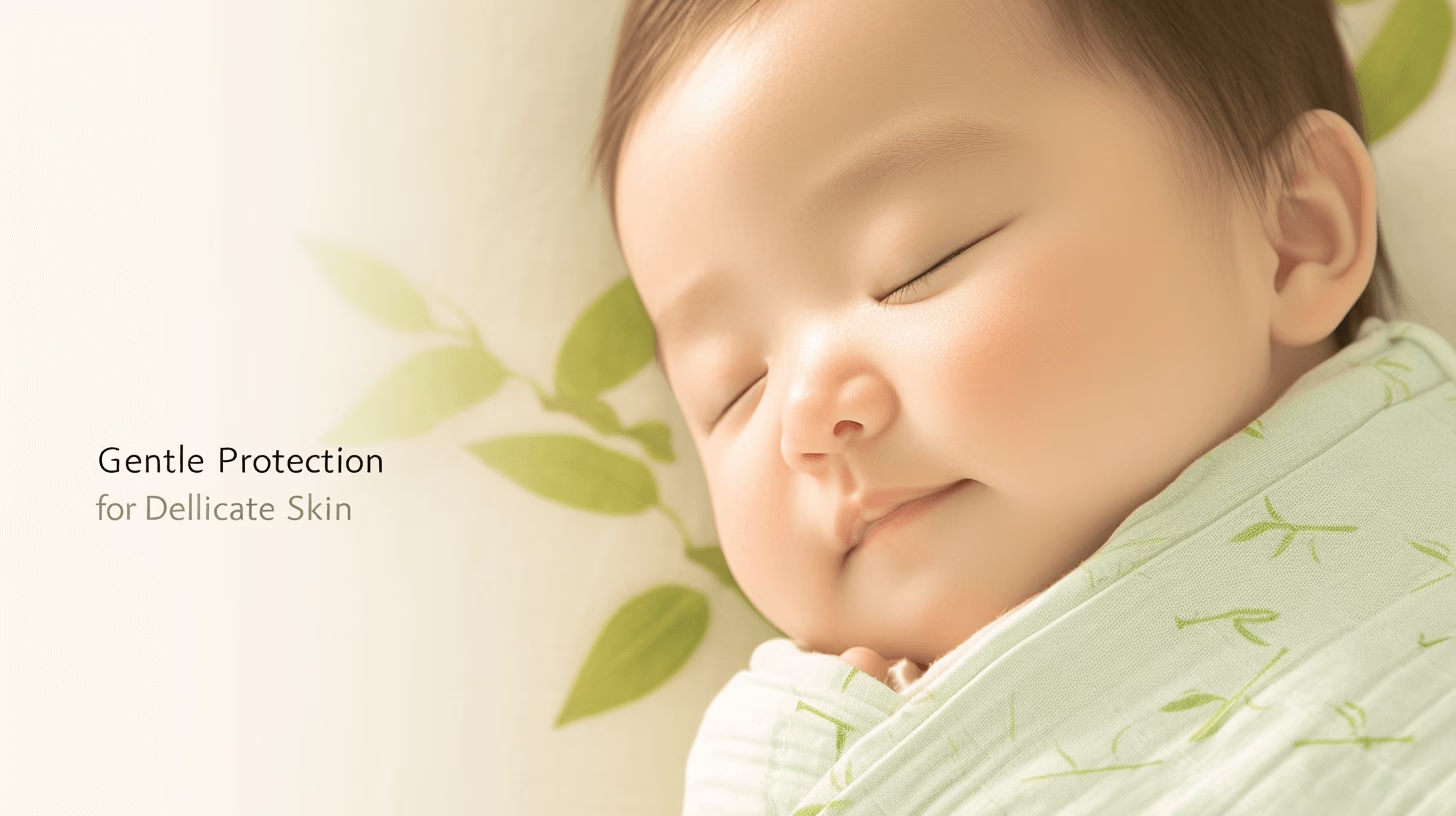
Key Factors to Consider When Choosing a Bamboo Clothing Manufacturer
Choosing a bamboo clothing manufacturer involves several crucial factors. With so many options available, narrowing down your choices can be overwhelming. Here are the top factors to keep in mind when selecting the right manufacturer for your bamboo clothing line.
Reputation and Experience
When looking for a bamboo clothing manufacturer, reputation matters. A solid track record indicates that the manufacturer has experience producing high-quality bamboo fabrics and understands the intricacies of the textile industry. You don’t want to work with a manufacturer who is just starting out and lacks expertise in bamboo clothing production.
A manufacturer with years of experience will have the knowledge necessary to handle complex orders, offer valuable insights, and address any issues that arise during production. Be sure to read reviews, ask for case studies or samples, and check references from other clients. This will help you determine whether they’re the right fit for your business.
Certifications and Sustainability Practices
A key aspect of choosing the right bamboo clothing manufacturer is verifying their certifications and sustainability practices. Look for manufacturers who hold certifications such as OEKO-TEX bamboo fabric or GOTS certified bamboo fabric. These certifications ensure that the fabrics used in your products meet global environmental and safety standards, offering peace of mind to you and your customers.
OEKO-TEX bamboo fabric certification, for example, indicates that the fabric has been tested for harmful substances, ensuring that it is safe for skin contact. Likewise, a GOTS certified bamboo fabric means the manufacturer adheres to organic and eco-friendly production processes, from farming to processing.
Production Capacity and Lead Times
If you plan to scale your business or anticipate high demand for your bamboo clothing, production capacity is a crucial consideration. Make sure the manufacturer can handle the volume you need and has sufficient resources to meet deadlines. Lead times can vary, so it’s important to discuss timelines and set clear expectations for delivery.
Ask potential manufacturers about their production capabilities, the number of orders they can manage at once, and how flexible they are in accommodating changes to production schedules. This will help prevent bottlenecks in your supply chain.
Technology and Manufacturing Process
The technology used in the manufacturing process can have a significant impact on the quality of the fabric and its environmental footprint. Make sure the manufacturer uses eco-friendly processing methods and the latest machinery for producing bamboo fabrics.
For example, some manufacturers might use traditional methods to process bamboo into bamboo viscose, while others might incorporate more sustainable alternatives like closed-loop systems that recycle water and chemicals used in the process. It’s important to know how they handle chemicals, water usage, and waste.
Cost and Minimum Order Quantity (MOQ)
While cost is a major factor in choosing a manufacturer, it’s not just about the lowest price. A manufacturer’s pricing should reflect the quality of the products, as well as the level of customer service they provide. When considering pricing, also keep in mind any minimum order quantity (MOQ) requirements. Some manufacturers might require large order quantities, which could be challenging for small businesses or startups.
To make sure you’re getting the best value for your investment, ask for a detailed breakdown of costs. Be sure to factor in potential shipping, customs, and other hidden costs that could impact your overall expenses.
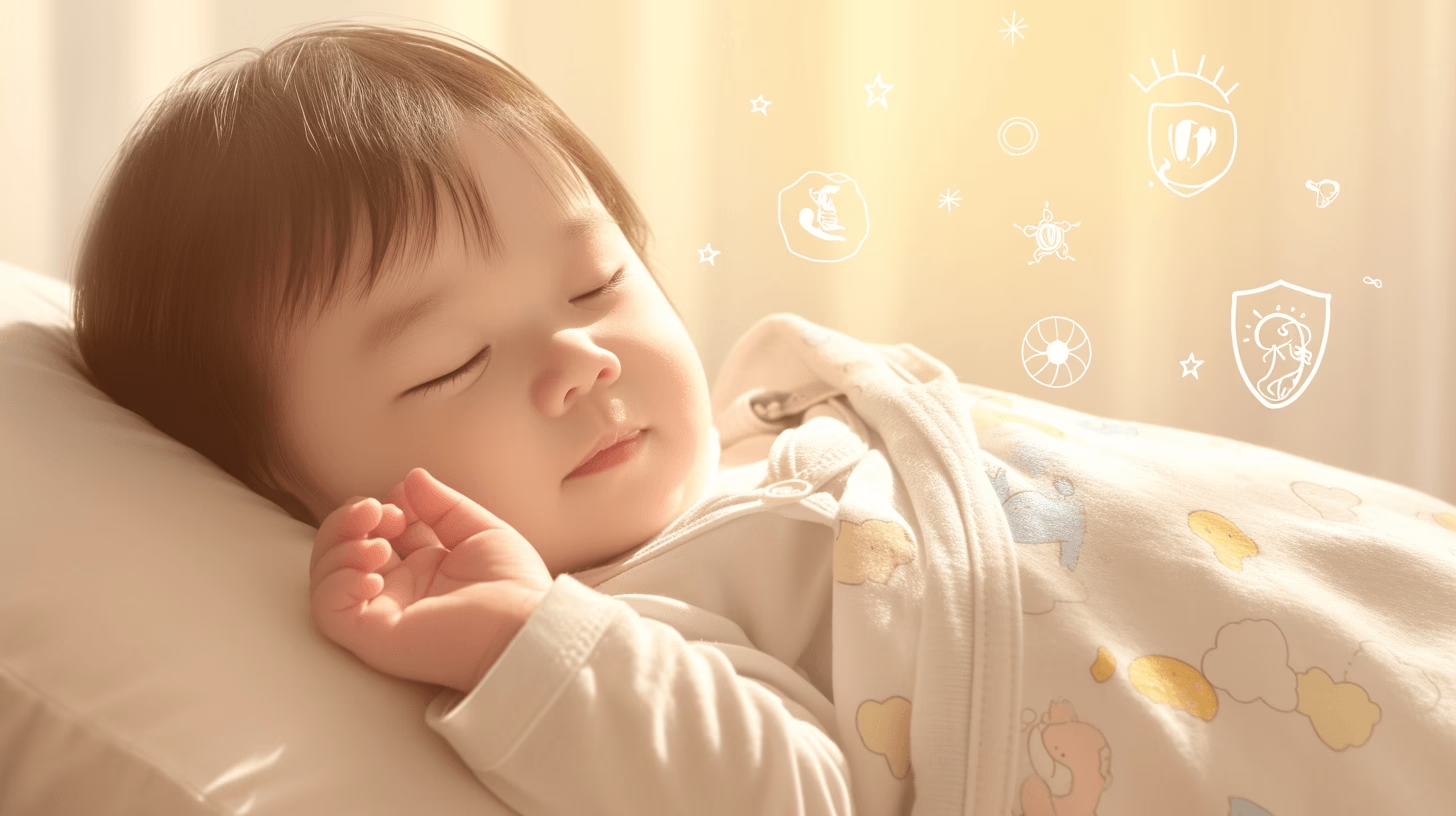
Bamboo Viscose Production: What You Need to Know
If you’re considering producing bamboo clothing made from bamboo viscose, it’s important to understand the production process and weigh the pros and cons.
What is Bamboo Viscose?
Bamboo viscose is made by chemically processing bamboo pulp into a soft, breathable fabric. The process involves breaking down the bamboo stalk into a pulp, then dissolving it in chemicals to produce the viscose. Once the viscose is formed, it is then spun into fibers and woven into fabric. This process allows manufacturers to create lightweight, soft bamboo fabric.
Pros and Cons of Bamboo Viscose
While bamboo viscose is incredibly soft, comfortable, and durable, there are some environmental concerns tied to the production process. The use of chemicals in processing bamboo into viscose can be harmful to the environment if not managed properly. It’s essential to find manufacturers who prioritize eco-friendly methods and reduce the environmental impact of their manufacturing processes.
Despite the challenges, when done responsibly, bamboo viscose can be an excellent choice for eco-friendly clothing, as it combines the sustainability of bamboo with the softness and durability of the fabric.
Choosing a Manufacturer for Bamboo Viscose
When selecting a bamboo viscose manufacturer, it’s important to ask about their production methods. Look for those who follow sustainable practices and use chemical-free processes. Some manufacturers use closed-loop systems for bamboo viscose production, which recycle the chemicals used, making the process more environmentally friendly.
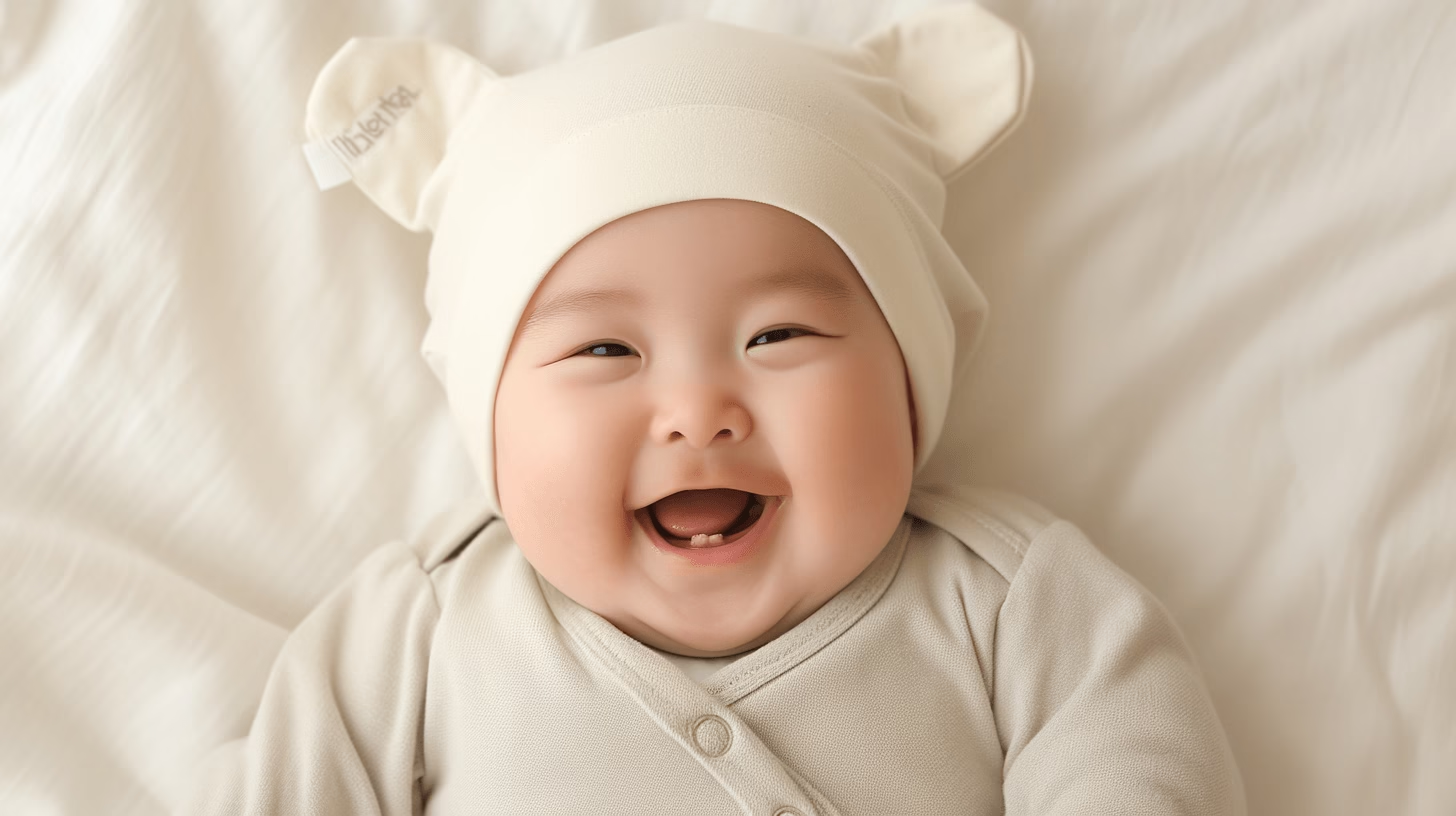
Considerations for Bamboo Infant Clothing and Newborn Clothes Manufacturers
If your goal is to manufacture bamboo infant clothing or bamboo newborn clothing, there are additional considerations to keep in mind to ensure safety and quality.
Material Safety Standards
For infant and newborn clothes, safety is the top priority. Ensure that the bamboo fabric used complies with international safety standards. Many reputable manufacturers will use bamboo fabrics that are free from harmful chemicals, such as formaldehyde or phthalates. Certifications like OEKO-TEX bamboo fabric can help guarantee that the materials are safe for babies’ sensitive skin.
Fabric Softness and Comfort
When it comes to bamboo fabric for baby clothes, softness and comfort are key. Babies have delicate skin that can be easily irritated by rough fabrics. Bamboo is naturally hypoallergenic and incredibly soft, making it the ideal fabric for infant and newborn clothing. Ensure that the manufacturer prioritizes softness and comfort in their fabric production.
Ethical Manufacturing Practices
Look for manufacturers who emphasize ethical labor practices, especially when producing infant clothing. This includes fair wages, safe working conditions, and no child labor. It’s important to ensure that your manufacturer treats their workers fairly, as this aligns with your brand’s values and helps you promote a responsible image to your customers.
Quality Control
For infant and newborn clothing, high-quality control standards are a must. Make sure the manufacturer has a robust quality assurance system in place to ensure that the final product is free from defects and meets safety and durability standards. Consistent checks at every stage of production can help prevent costly mistakes and product recalls.
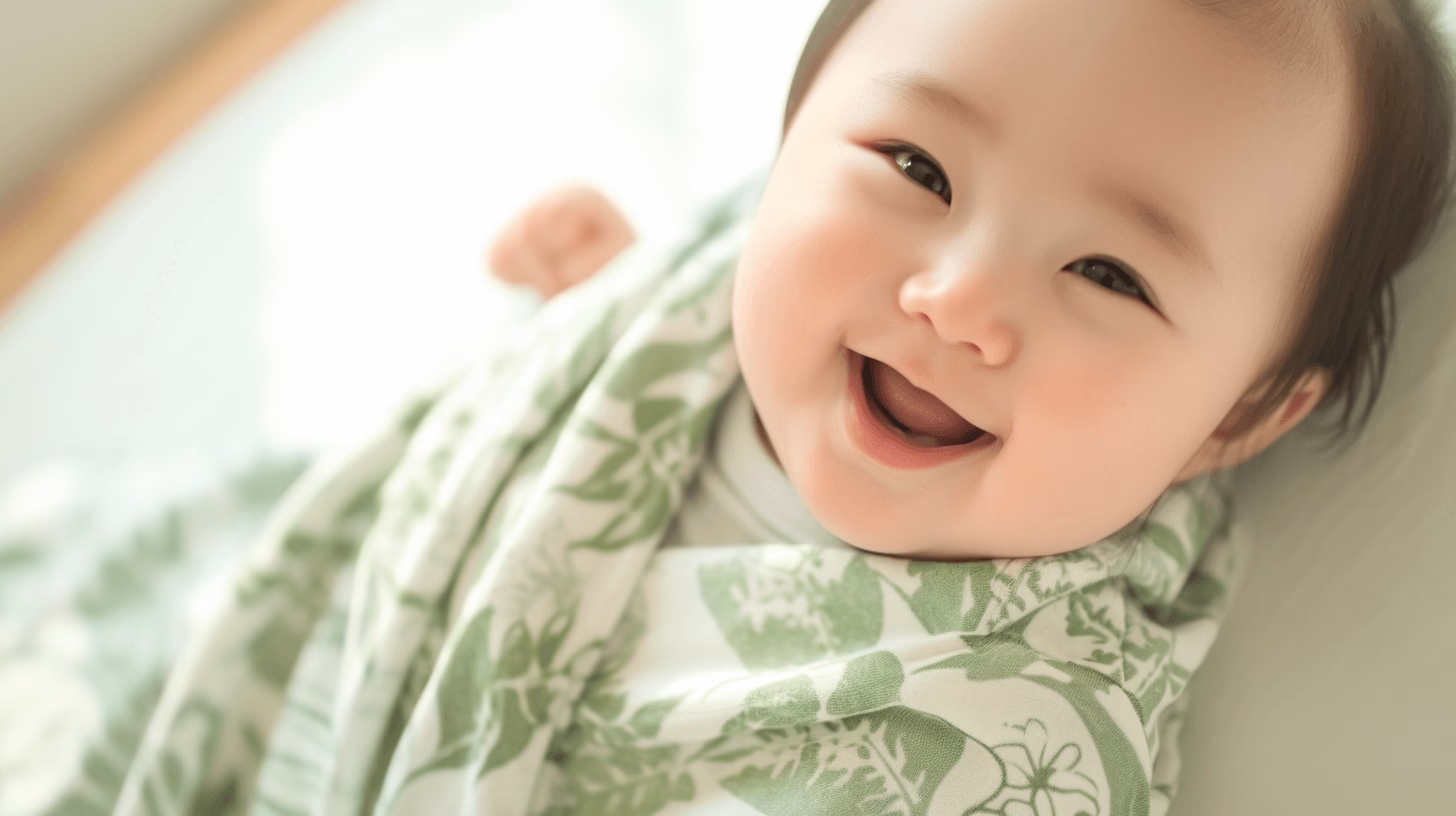
Questions to Ask Potential Bamboo Clothing Manufacturers
Before partnering with a bamboo clothing manufacturer, it’s important to ask the right questions to ensure you’re making an informed decision. Here are some essential questions to consider:
-
What certifications do you hold (e.g., OEKO-TEX, GOTS)?
-
Can you provide samples for testing fabric quality?
-
What are your sustainability initiatives, and how do you minimize environmental impact?
-
What are your quality control procedures for bamboo clothing, especially for infant wear?
-
Can you accommodate custom designs or specific fabric requirements?
Asking these questions will give you a better understanding of the manufacturer’s practices and help you make an informed decision.
Conclusion
Choosing the right bamboo clothing manufacturer is a crucial step in ensuring that your products meet high-quality standards while aligning with your brand’s values. By considering factors such as reputation, certifications, sustainability practices, and production capacity, you can confidently choose a partner who will help you create eco-friendly and high-quality bamboo clothing. Whether you’re sourcing bamboo viscose or designing bamboo infant clothing, taking the time to find the right manufacturer will lead to long-term success. So, start by asking the right questions and partnering with a manufacturer who shares your commitment to sustainability!
Petelulu is Your Best Partner for Starting Your Kids’ Clothing Line
If you’re looking for a reliable clothing manufacturer for your children’s clothing line, Appareify will be your top choice. Here is why we can relieve stress for your kids’ clothing business:
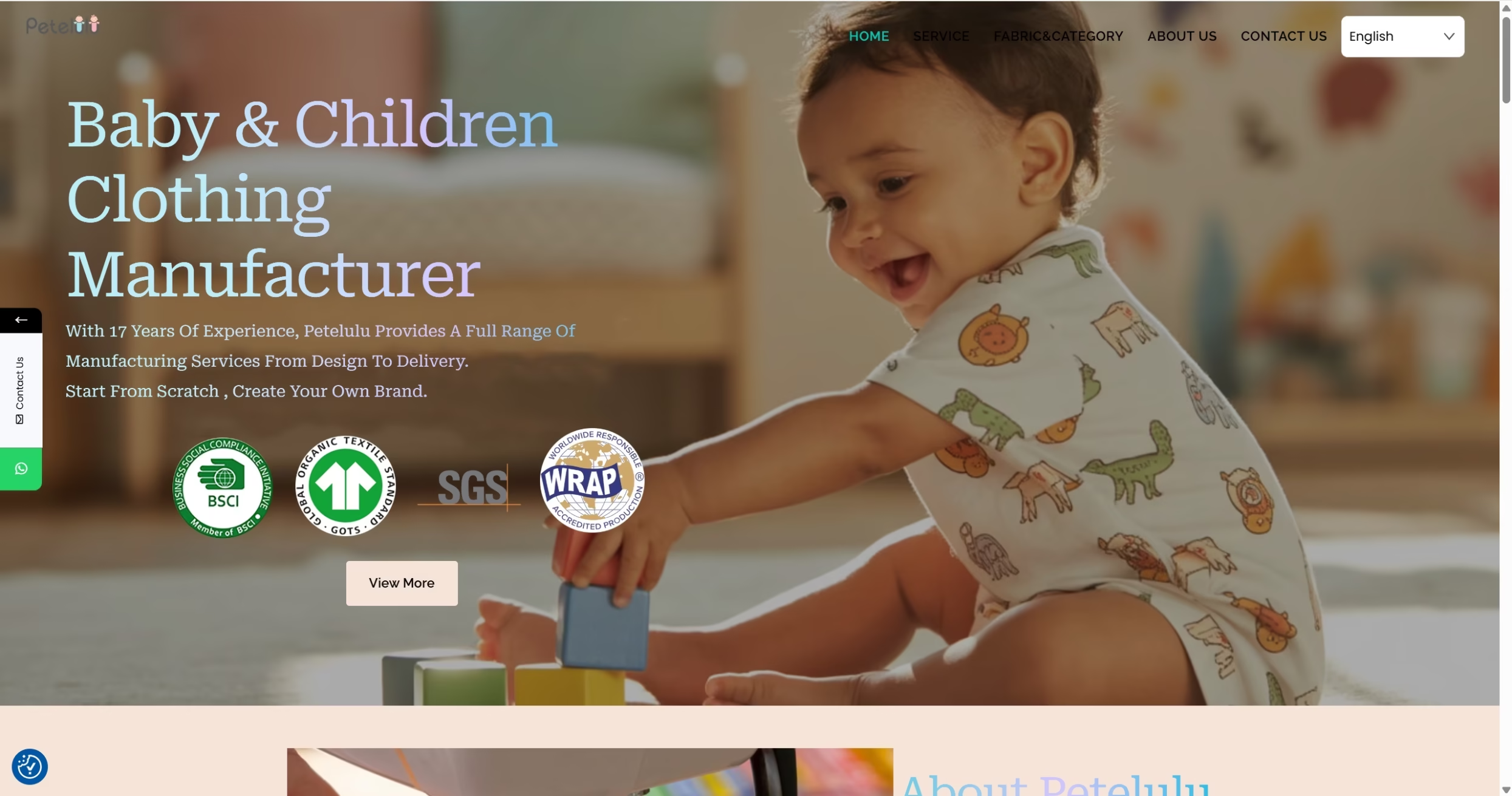
Custom Children’s Clothing Manufacturer
Appareify is a leading clothing manufacturer that has assisted many businesses with their own range of bespoke clothing. We can create children’s clothing tailored for your style and material needs
Experienced Production & Team
Partner with Appareify and benefit from our years of clothing manufacturing expertise. Our professional design and production experts can easily turn your business ideas into reality.
Sustainable Commitment
We use biodegradable materials and fabrics to turn your ideas into reality sustainably. You’ll get children’s clothing that is friendly to the environment.